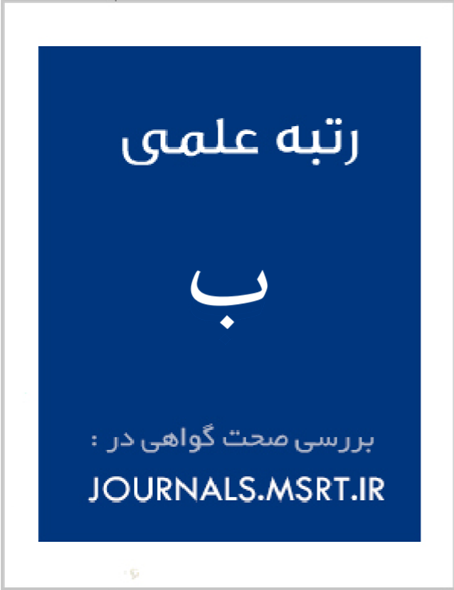Identifying the Components of Dialogical Ethics in the Islamic Tradition: A Qualitative Thematic Study
Keywords:
Dialogical ethics, Islamic tradition, thematic analysis, linguistic justice, toleranceAbstract
This study aims to identify the key components of dialogical ethics within the Islamic tradition. Using thematic analysis, the research draws from Qur’anic verses, Prophetic traditions, and the writings of classical Islamic moral scholars such as Al-Ghazali, Raghib Isfahani, and Allameh Tabataba’i. The analysis revealed several core components of dialogical ethics: “Mutual Respect,” “Truthfulness,” “Tolerance of Dissent,” “Avoidance of Fruitless Argumentation,” “Intentionality in Dialogue,” and “Linguistic Justice.” These components offer a framework for revitalizing ethical communication in contemporary Islamic societies.
Downloads
Published
Submitted
Revised
Accepted
Issue
Section
License

This work is licensed under a Creative Commons Attribution-NonCommercial 4.0 International License.


